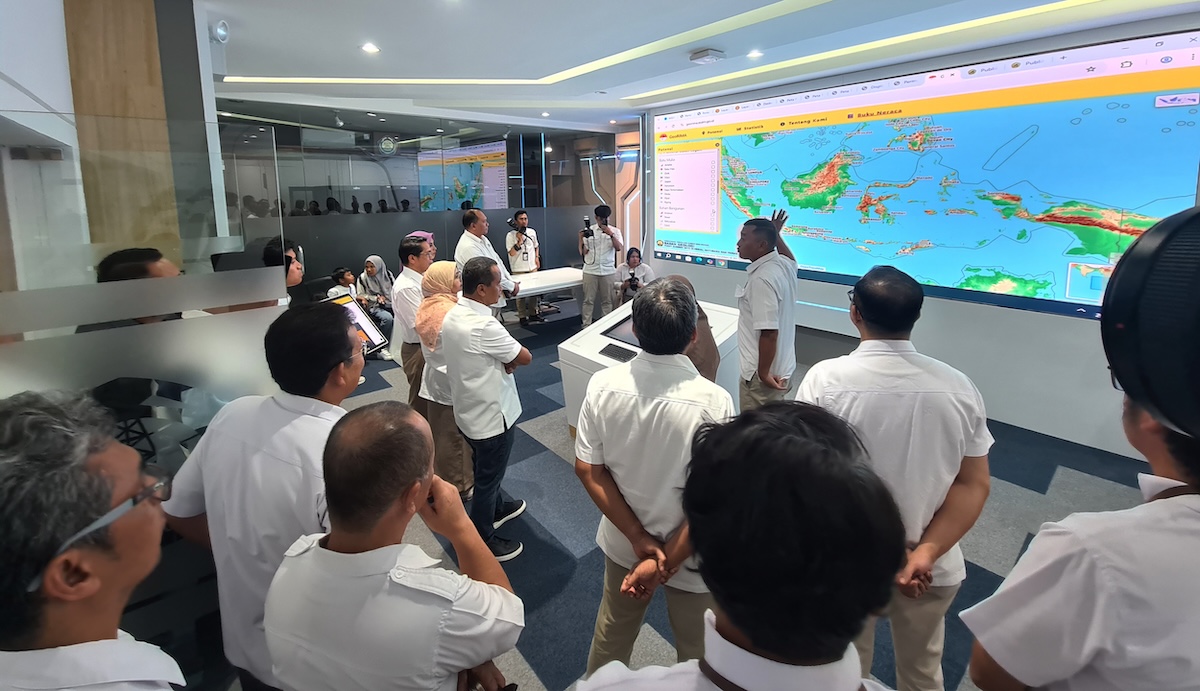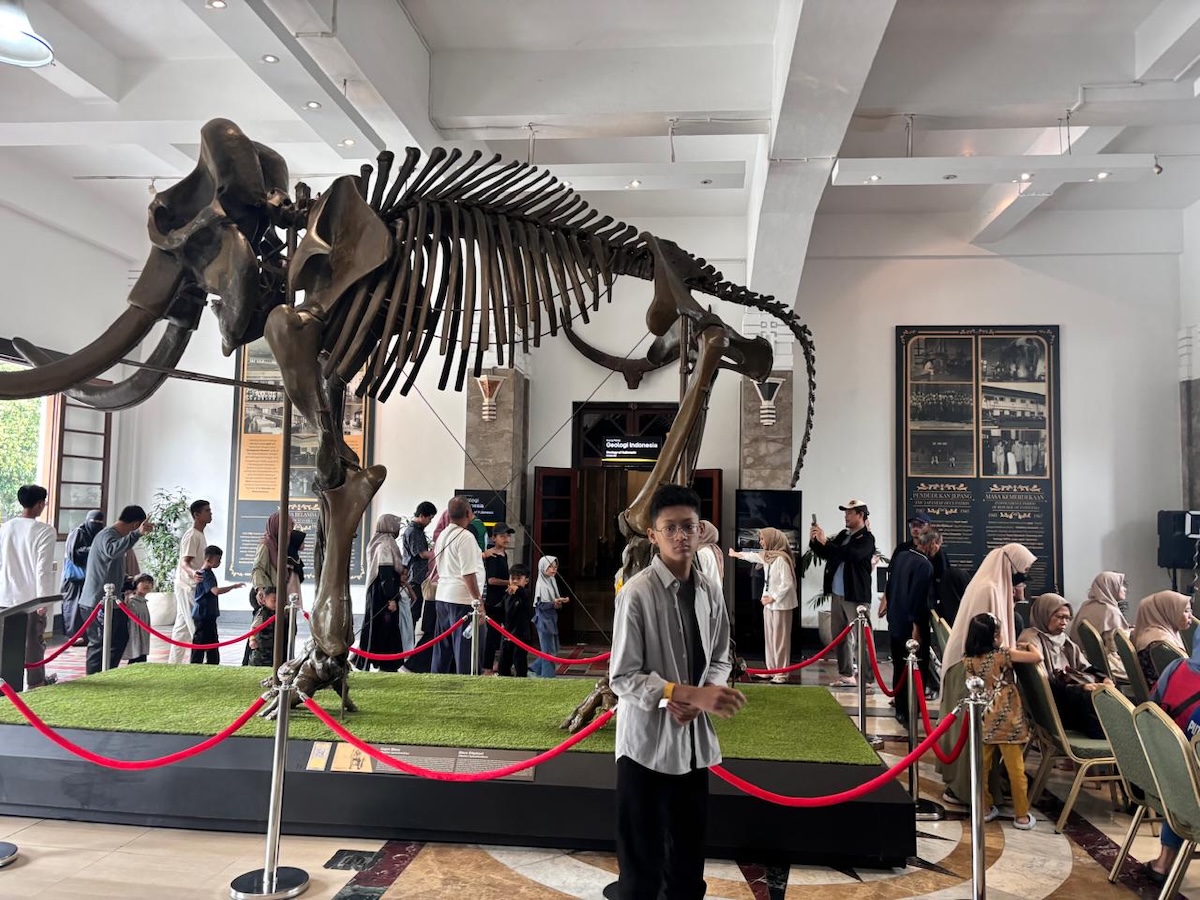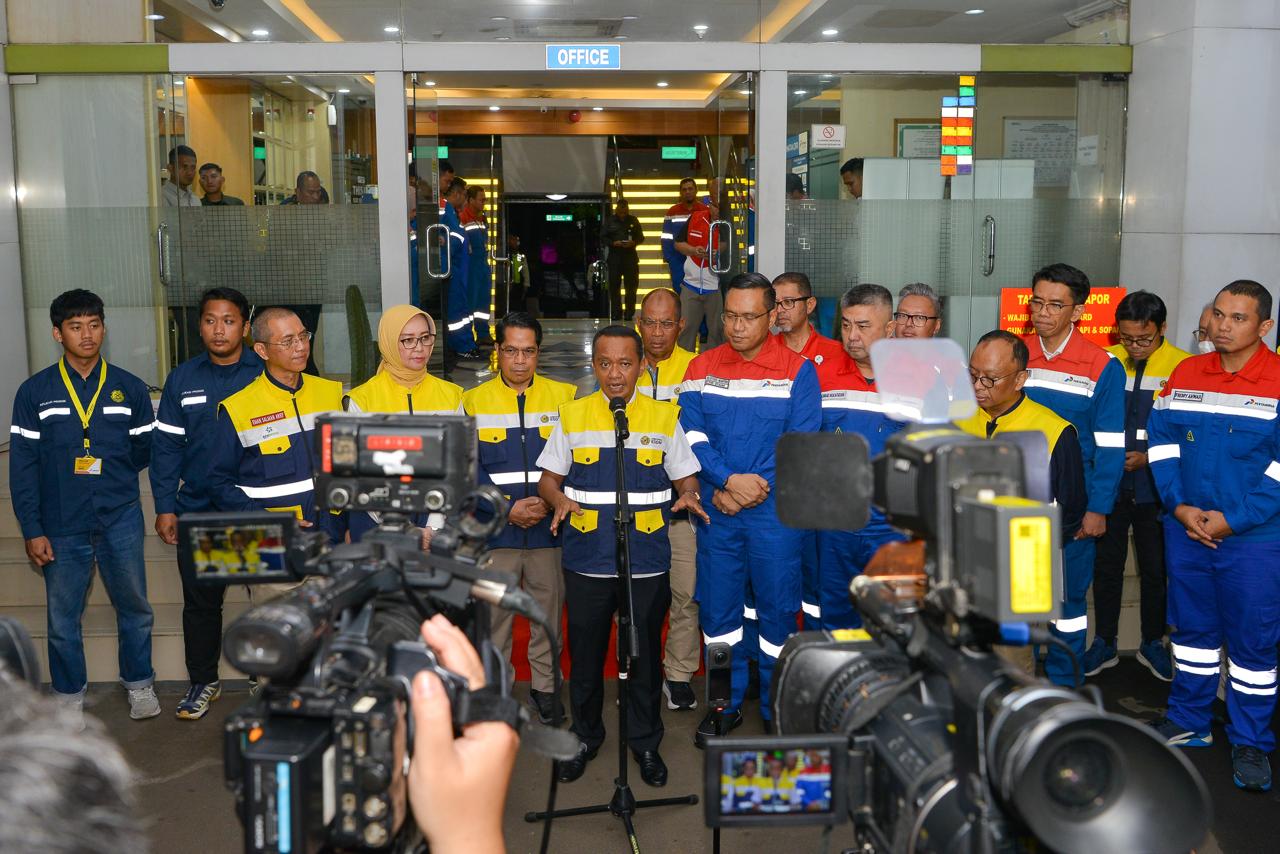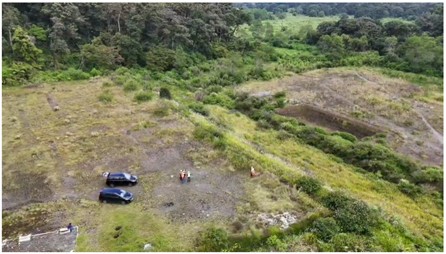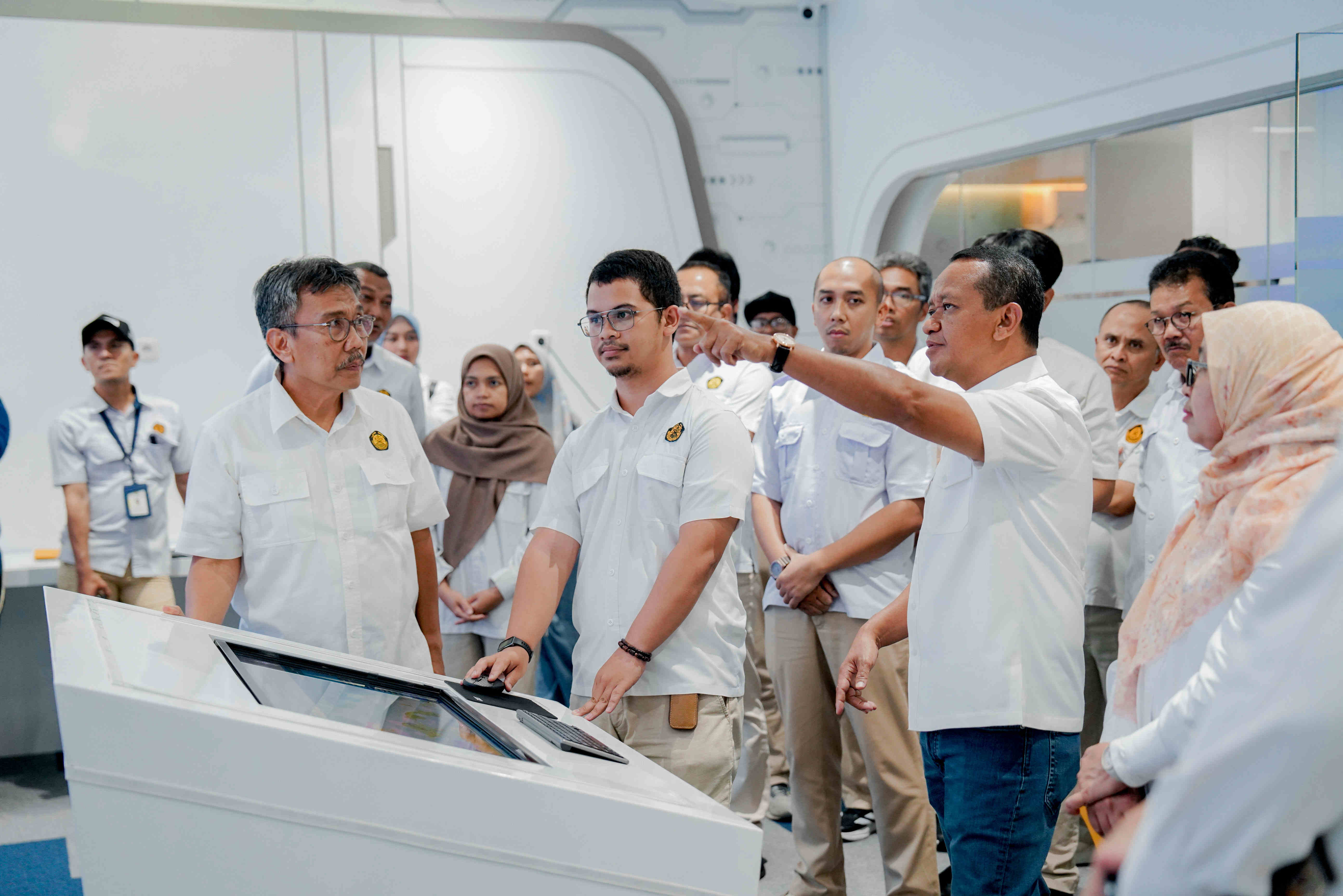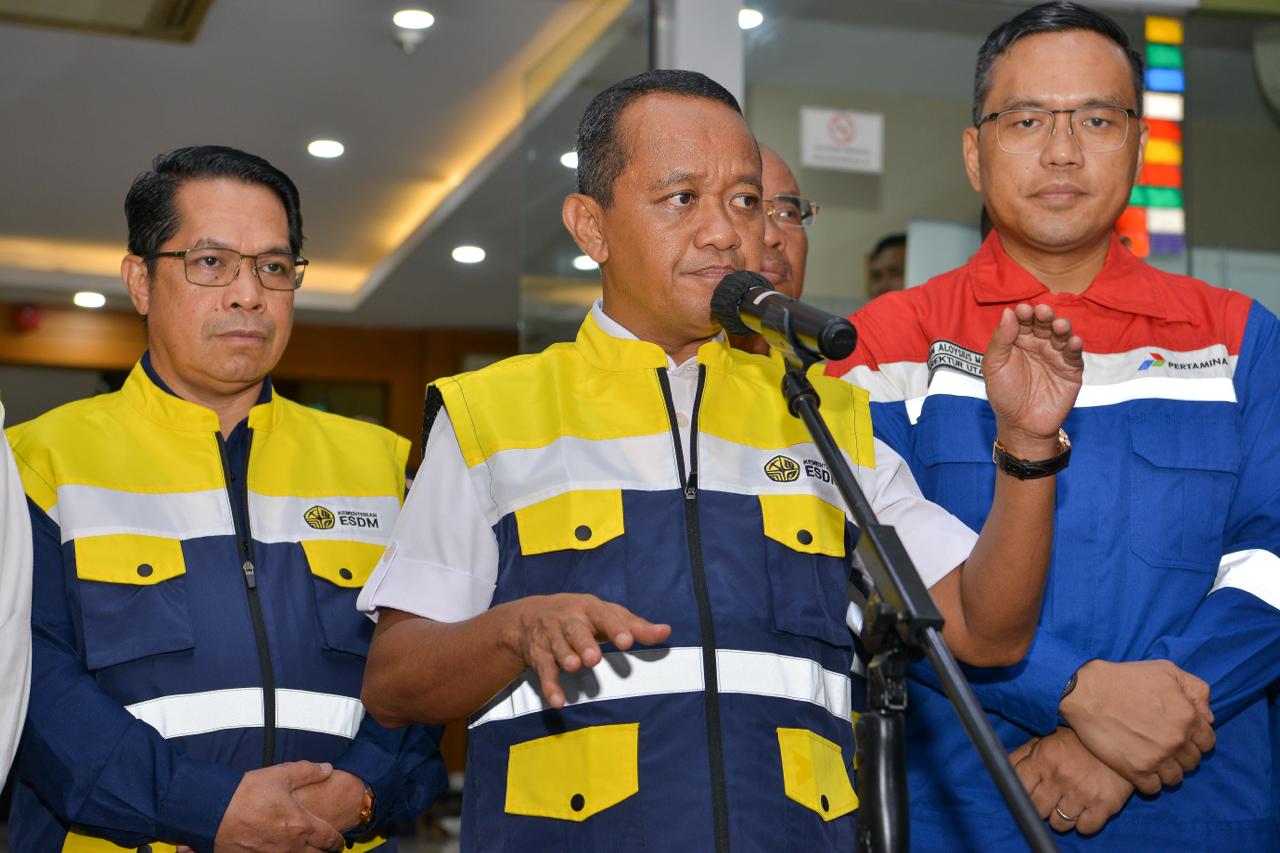10 Years Mineral and Coal Law in Place, Raw Materials for Metal Industry Now Available in the Country
MINISTRY OF ENERGY AND MINERAL RESOURCES REPUBLIC OF INDONESIA
PRESS RELEASE
NUMBER: 696.Pers/04/SJI/2019
Date: 7 December 2019
10 Years Mineral and Coal Law in Place, Raw Materials for Metal Industry Now Available in the Country
For 42 years, mining management to produce metal ingots was regulated by Law No. 11 of 1967 on Basic Principles of Mining. This law attracted investment in metal processing and refinery with the presence of industries such as PT Inco, PT Freeport Indonesia, PT Kobatin, PT Timah, PT Antam, and companies under other Contracts of Work.
Next, Law No. 4 of 2009 on Mineral and Coal Mining (Mineral and Coal Law) was put into operation to perform the mineral added-value obligation. This year marks the tenth year of the obligation to process and refine minerals in the country in the form of the ban on the exports of unprocessed and unrefined minerals.
Four years after it was implemented, the law was sued in the Constitutional Court and the WTO, but because mineral management is carried out to improve people's welfare as much as possible according to the mandate of the Constitution, the obligation on the Increase of Mining Added Value set out in the Mineral and Coal Law is still in place.
The implementation of Mineral and Coal Law is not without success. Since the completion of the derivative provisions in 2012, a number of processing and refinery facilities have been constructed; in fact, the processing and refinery facility of nickel has grown so rapidly that over the last 5 years Indonesia has risen "from supporting player to lead actor" (Macquarie, 2018).
In 2012, Indonesia only had 3 refinery facilities--1 for copper and the other 2 for nickel. In 2018, there were 16 refinery facilities, or commonly called as smelter. In 2020, construction of 25 smelters will complete, and by 2022, there will be 4 copper smelters, 41 nickel smelters, 11 bauxite smelters--making a total of 68 smelters.
The success of Mineral and Coal Law in carrying out the mandate of increase added value has provided raw materials for base metal industry. For example, the nickel industry has refined 25 million of nickel ore in the country to produce 3 million tons of FeNi or NPI (10% Ni contents) or equivalent to 319,200 tons of Ni metal. Unfortunately, not all of the semi-finished raw materials can be absorbed by the more downstream industries.
Other examples include tin ingots and copper cathode. These materials are only partially absorbed by domestic industries so that the majority of them are still exported. The supply of semi-finished materials by the upstream industry is not used by the downstream industry as has previously been planned.
The continuity of the upstream and the downstream industries is key to successful mineral downstreaming in the country. This way, Indonesia will get optimum benefit of the increase in added value because the hundredfold increase is actually produced by the downstream industry manufacturing finished products.
Although it has not progressed significantly, the downstreaming at the upstream sector is the first step that must be taken, because there is no way mineral independency can be realized without the supply of raw materials. The Mineral and Coal Law plays a role in supplying raw materials and, during its 10-year journey, has performed this role by supplying raw materials produced by domestic mines to all chains of the downstream industry. (IY)
Head of Bureau of Communication, Public Information Services, and Cooperation
Agung Pribadi (08112213555)
Share This!

